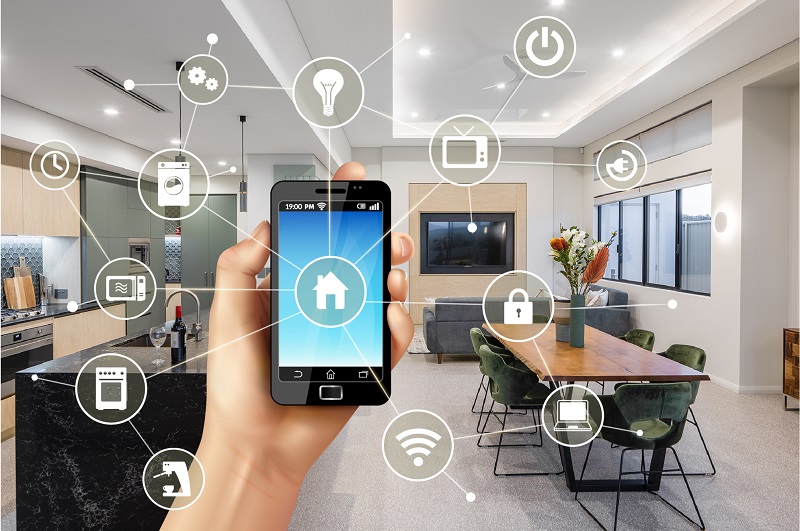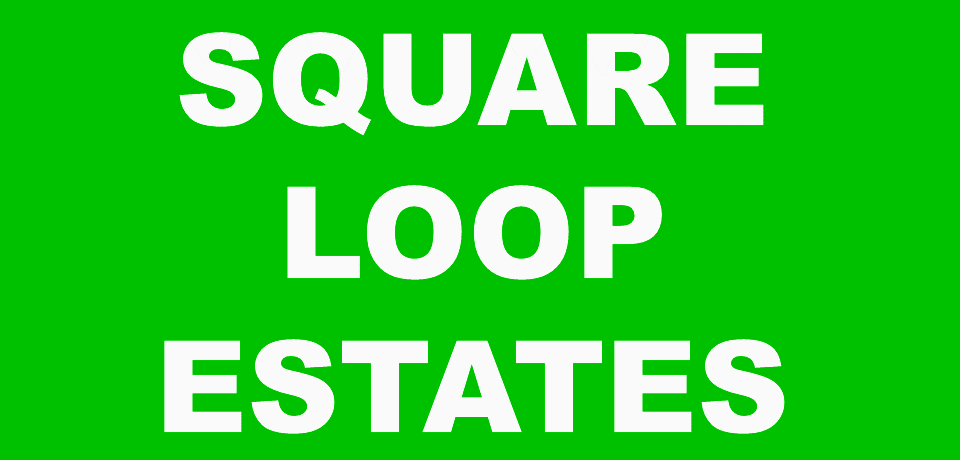
The real estate industry is on the cusp of a technological revolution. Over the past decade, smart home technologies have transitioned from a luxury to a mainstream feature that many buyers expect. As smart devices become increasingly affordable and accessible, they are reshaping how we think about homeownership, convenience, energy efficiency, and security.
At its core, a smart home is a residence that uses internet-connected devices to enable remote management and monitoring of systems and appliances. From controlling the thermostat to adjusting lighting, the integration of smart technology provides homeowners with greater control over their living environment.
Some common smart home technologies include:
Smart thermostats (e.g., Nest, Ecobee) that adjust home temperatures based on the owner’s preferences or daily routines
Smart lighting systems (e.g., Philips Hue, LIFX) that can be customized and controlled remotely
Smart security cameras and doorbells (e.g., Ring, Arlo) offering real-time surveillance and remote viewing
Voice-controlled assistants (e.g., Amazon Alexa, Google Assistant) that manage daily tasks like playing music, setting timers, and controlling other smart devices
Smart locks (e.g., August, Schlage) that allow keyless entry and remote access
Smart appliances (e.g., refrigerators, washing machines) that automate everyday tasks for convenience and efficiency
One of the most significant benefits of smart home integration is the convenience it offers. Homeowners can control various aspects of their home—from lighting and climate control to security systems—with a simple voice command or through mobile apps. This convenience not only enhances day-to-day living but also helps individuals manage their time and energy more effectively.
Smart home devices play a key role in making homes more energy-efficient. For instance, smart thermostats optimize energy usage by adjusting heating and cooling based on occupancy patterns. According to Energy Star, homes with smart thermostats can save homeowners between 10% and 20% on heating and cooling costs annually. Additionally, smart lighting systems, motion sensors, and appliances reduce energy waste, leading to lower utility bills.
Smart security systems are a major selling point for homebuyers, providing real-time alerts and remote monitoring. Devices like smart cameras and video doorbells give homeowners peace of mind by enabling them to view their property remotely from their smartphones. Moreover, smart smoke detectors (e.g., Nest Protect) can notify homeowners of smoke or carbon monoxide in the home, helping prevent emergencies before they escalate.
As smart technology continues to evolve, integrating these features into a property can future-proof it. Buyers and investors alike are looking for homes that are ready for the next wave of innovation. Smart homes are seen as cutting-edge and more valuable on the market, making them a desirable asset for future resale.
The integration of smart home technologies is not just a passing trend—it is an industry shift that’s here to stay. According to a 2023 report by Statista, the global smart home market is expected to reach $53.45 billion by 2025, with a compound annual growth rate (CAGR) of 25.3%. In particular, regions like North America and Europe are witnessing rapid adoption, while markets in Asia-Pacific are quickly catching up.
As smart home tech becomes more affordable, its presence is expected to grow even further. Real estate developers and builders are incorporating smart technologies into new construction projects, providing a competitive edge in an increasingly tech-savvy market.
The younger generations are especially drawn to homes with smart technologies. These buyers value convenience, security, and energy efficiency, making smart homes a natural fit for their lifestyle. According to NAR’s 2023 Home Buyers and Sellers Report, 43% of millennial buyers prefer homes with smart home features, and this trend is only expected to grow.
Interestingly, older generations are also embracing smart home technology, especially when it comes to home security and health monitoring. Smart home systems that simplify daily chores or improve safety (such as automatic lighting or fall-detection sensors) appeal to aging homeowners who wish to age in place while maintaining independence.
For real estate investors, incorporating smart home technologies can increase property value and appeal to a wider range of potential buyers. Studies have shown that homes with smart systems (such as thermostats, security systems, and energy-efficient appliances) often sell faster and for higher prices than those without.
Another compelling reason for the rise of smart homes is their contribution to sustainability. By optimizing energy use, reducing waste, and promoting water conservation, smart homes align perfectly with the growing demand for eco-friendly living. For instance:
Smart water management systems (e.g., Rachio irrigation controllers) help homeowners conserve water.
Smart thermostats and energy management systems reduce the carbon footprint of a home by controlling energy consumption more efficiently.
Solar energy integration with smart grids allows homeowners to monitor energy production and consumption in real-time.
With consumers becoming more environmentally conscious, smart homes provide a perfect way to blend technology with sustainability, making them an attractive option for eco-minded buyers.
As the real estate market evolves, smart homes will continue to play an increasingly important role. The next frontier of smart home technology could include:
AI-driven home automation: Homes that predict and respond to residents’ needs, such as adjusting lighting or climate control based on mood or activities.
5G connectivity: Enhanced speed and bandwidth will make it easier for homeowners to connect and control multiple devices simultaneously.
Health-centric smart devices: From air purifiers to smart beds that monitor sleep, these innovations will continue to enhance home comfort and well-being.
Real estate professionals must be proactive in understanding these emerging trends and positioning themselves to cater to a growing demand for smart homes. As technology continues to advance, the line between a “standard” home and a “smart” home will become increasingly blurred.
Smart home technology is not just a trend—it’s a game-changer in the real estate industry. By enhancing convenience, energy efficiency, security, and sustainability, smart homes offer numerous benefits for homeowners, investors, and developers alike. As smart technologies become more integrated into everyday living, investing in properties with smart home capabilities will not only ensure a competitive edge but also cater to the evolving preferences of modern homebuyers.
Copyright 2025 © Theme Created By Square Loop Estates, All Rights Reserved.
Chat With Us

